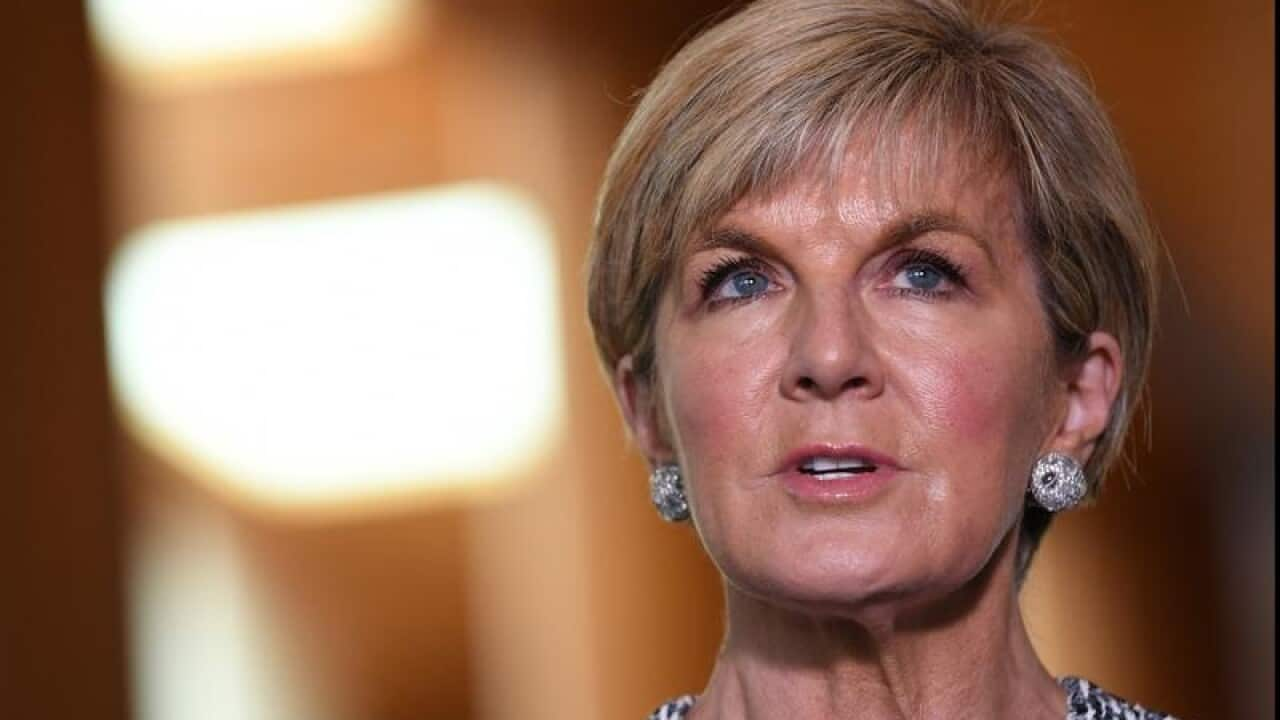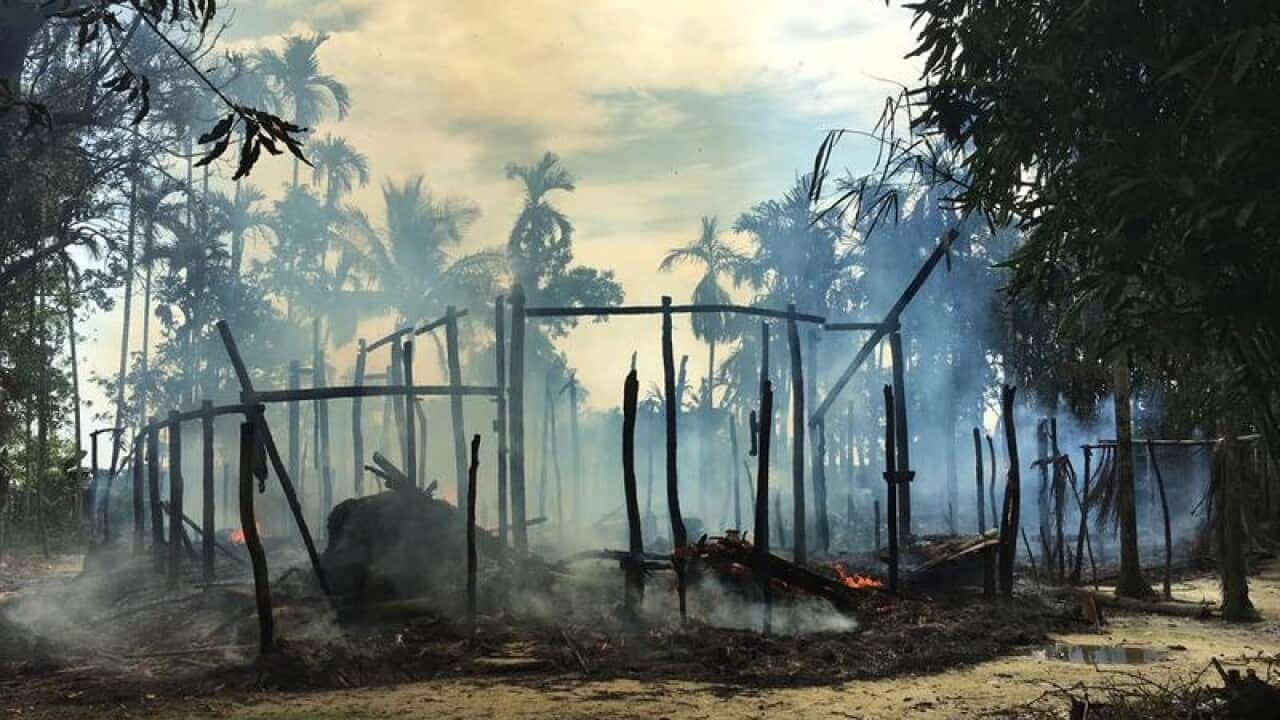The UN said that an "alarming number" of 270,000 Rohingya Muslims have fled violence in Myanmar by crossing into Bangladesh in the last two weeks.
The new figure confirmed Friday by UN refugee agency spokeswoman Vivian Tan is much higher than the 164,000 the UN High Commissioner for Refugees previously estimated had arrived since August 25.
"This is an alarming number. The existing camps are full to the capacity," Tan said.
"There is a lot of pressure on relief agencies to accommodate the rising numbers."
She said the new number was still a "rough estimate," and based on an assessment that involved a host of aid agencies operating in the area.
Some aid groups also had identified "new pockets of people that we did not know about before, mainly in villages" where Bangladeshi communities had taken them in, but also some new settlements and clusters in difficult-to-access areas.
Makeshift camps were quickly appearing and expanding along roadsides, Tan said.
Related reading

Australia commits $5 million to Rohingya crisis
She said it was possible some people who received help from multiple agencies could have been counted twice.
The exodus from Myanmar's northern Rakhine state began August 25 after Rohingya insurgents attacked police posts. The military responded with what it called "clearance operations" to root out any fighters it said might be hiding in villages of Rakhine state.
The Myanmar government says nearly 400 people have been killed in fighting it blames on insurgents, though Rohingya say they Myanmar troops and Buddhist mobs attacked them and destroyed their villages.
It's not known how many Rohingya remain in Rakhine state. Previously the population had been thought to be roughly one million.
Journalists in northern Rakhine state saw active fires in areas Rohingya had abandoned, adding to doubts over government claims that Rohingya themselves were responsible for setting them.
Associated Press reporters who have been in Rohingya camps all week saw a surge in the number of people entering Bangladesh on Thursday and Friday.
An increasing number of Rohingya were also arriving by boat, with 300 boats reaching the Bangladesh town of Cox's Bazar from Myanmar on Wednesday alone, according to the International Organization for Migration.
"Sea routes are particularly dangerous this time of year, when boats are known to frequently capsize in rough seas," the IOM said in a statement.
Dozens of Rohingya have died in capsizings since the exodus began, and there are other dangers as well. On Monday, the AP saw an elderly woman whose leg had been blown off when she set off a land mine.

